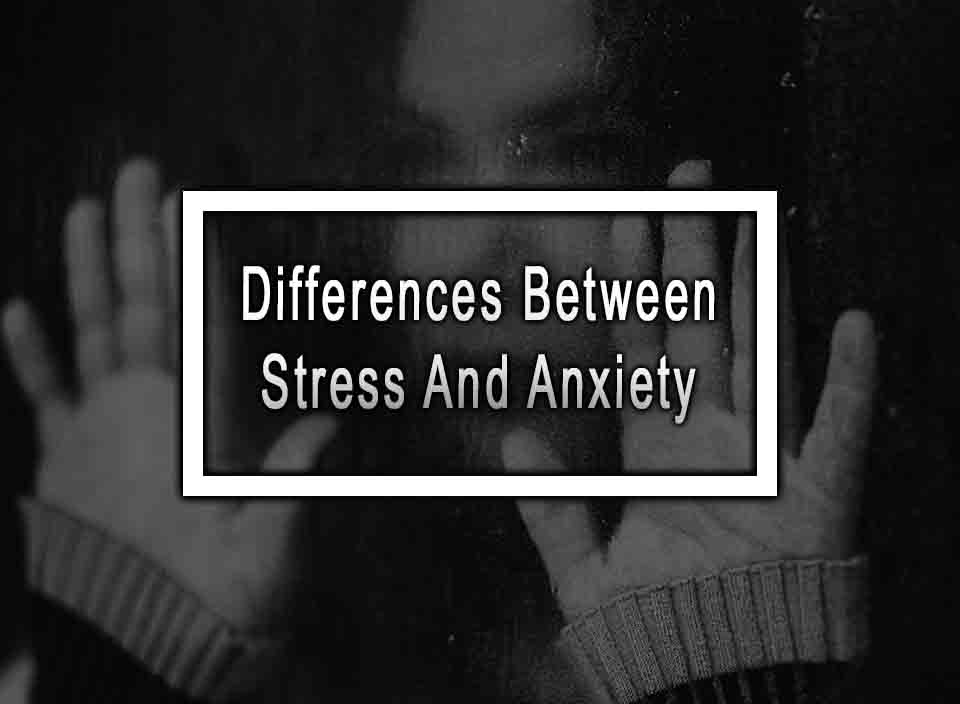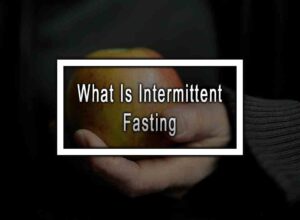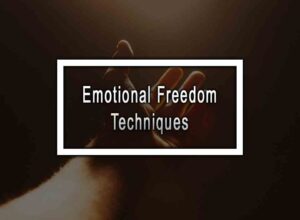Stress and anxiety are two of the most commonly used terms when talking about mental health and emotional well-being. Both are similar in many ways, but they are also different from each other. Both can be overwhelming, but they can also be managed. Understanding the difference between stress and anxiety is important, as the two conditions require different treatment approaches.
Table of Contents
ToggleWhat is Stress?
Stress is a response to any event, situation, or stimulus that requires us to react or adapt. Stress is a normal part of life, and it is a necessary part of our survival instinct. The body responds to stress by releasing hormones such as cortisol and adrenaline, which triggers the body’s fight or flight response. Stress can be caused by positive events, such as getting married, starting a new job, or having a child. It can also be caused by negative events, such as losing a job, a relationship breakup, or suffering from an illness.
When stress is long-term or chronic, it can have negative effects on our health. Chronic stress can lead to physical and mental health problems, such as high blood pressure, heart disease, anxiety disorders, depression, and substance abuse.
What is Anxiety?
Anxiety is a feeling of worry, fear, or unease about something that hasn’t happened yet. It is a normal reaction to stress, but when anxiety becomes excessive or persistent, it can interfere with our daily lives. Anxiety disorders are the most common mental health disorders, affecting millions of people worldwide.
Anxiety disorders include different types of disorders, such as generalized anxiety disorder, panic disorder, social anxiety disorder, and specific phobias. Each type of anxiety disorder has its own set of symptoms, but common symptoms include excessive worry, fear, and avoidance behavior.
Difference between Stress and Anxiety
Cause
Stress is a response to a specific event or situation, whether positive or negative. It is usually tied to a specific trigger or stressor. Anxiety, on the other hand, is a general feeling of worry or unease, which may or may not be tied to a specific trigger.
Intensity
Stress is usually short-term and has a defined endpoint, whereas anxiety can be long-term and persistent. Stress is a normal part of life and can be managed by healthy coping mechanisms. Anxiety, on the other hand, can be debilitating and interfere with daily activities.
Symptoms
Stress symptoms include physical and emotional symptoms, such as headaches, muscle tension, irritability, and difficulty concentrating. Anxiety symptoms include physical symptoms such as rapid heartbeat, sweating, and trembling, as well as emotional symptoms such as excessive worry and fear.
Management
Stress can be managed with healthy coping mechanisms such as exercise, relaxation techniques, and time management skills. Anxiety, however, may require treatment such as therapy, medication, or a combination of both.
Conclusion
Stress and anxiety are both normal parts of life, but they can also be challenging to manage. Understanding the difference between the two can help us recognize when we need help and the appropriate course of action. While stress may require some lifestyle changes and stress management practices, anxiety may need professional help. By identifying our symptoms, seeking support, and learning healthy coping mechanisms, we can live happier and healthier lives.
Stress And Anxiety FAQ
Here are the most common questions about stress and anxiety.
What are the symptoms of stress?
Symptoms of stress can include physical symptoms like headaches, muscle tension, fatigue, stomach problems, and difficulty sleeping, as well as emotional symptoms like irritability, worry, and difficulty concentrating.
What are the symptoms of anxiety?
Symptoms of anxiety can include physical symptoms like shortness of breath, rapid heartbeat, sweating, and trembling, as well as emotional symptoms like worry, fear, or a constant feeling of unease.
What are some common anxiety disorders?
Some common anxiety disorders include generalized anxiety disorder, panic disorder, social anxiety disorder, and obsessive-compulsive disorder.
How can I manage stress and anxiety?
There are many different strategies for managing stress and anxiety, including mindfulness techniques, exercise, relaxation techniques like deep breathing or meditation, therapy, medication, and lifestyle changes like getting enough sleep, eating a healthy diet, and reducing caffeine and alcohol intake.
When should I seek help for my stress or anxiety?
If your stress or anxiety is significantly impacting your daily life, causing physical symptoms, or interfering with relationships or work, it’s recommended to seek help from a mental health professional. They can help you develop a treatment plan tailored to your unique needs and offer support and guidance.
More like this: What Is Chronic Pain And Its Treatment












